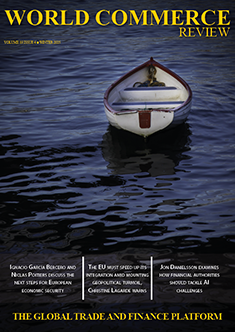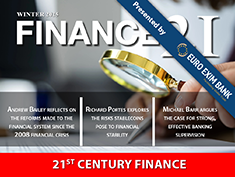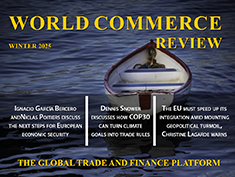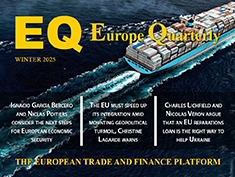A solid EU better regulation framework is undermined by gaps in coverage and quality, making consistent application and stronger oversight essential. Anne Bucher and Elizabeth Golberg discuss steps that could be taken to overcome these weaknesses

What will AI mean for the labour market?
AI looks increasing likely to become what technologists call a general-purpose technology. Michael Barr discusses the rapid evolution of AI and the potential impact of generative AI on the labour market and the economy
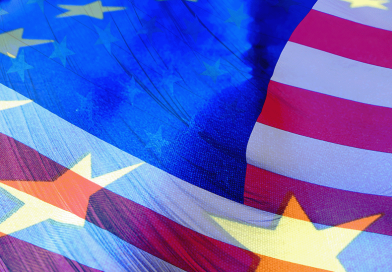
Building a new Western century
For the last year there has been turbulence in the US-EU partnership. Marco Rubio argues that the new alliance should focus on advancing mutual interests and new frontiers, unshackling ingenuity, creativity, and the dynamic spirit to build a new Western century

Europe and monetary sovereignty
Europe must not take its monetary sovereignty for granted in a world undergoing geopolitical and technological changes, says Piero Cipollone. Reducing excessive dependencies in payments and finance is key for resilience, competitiveness and economic security

Measure, model, tackle, tailor
Climate and transition shocks increasingly shape the macroeconomic outlook and financial risks. James Talbot sets out the Bank of England’s approach to assessing and managing climate impacts across its core objectives

The world today
The global economy has shown resilience despite heightened uncertainty, supply side shocks, and geopolitical risks, but downside risks remain significant. Andrew Bailey says that sustaining growth and financial stability will require innovation, openness, international cooperation, and strong global institutions
Tax

Has the global minimum tax survived Trump?
It is accepted that international tax competition is harmful. Pascal Saint-Amans writes that US objections have not killed off the 15 percent global minimum tax, but they have altered it and given the US a competitive advantage

Balancing profit shifting and investment
The global minimum tax represents the most ambitious international effort in decades to curb profit shifting to tax havens. Katarzyna Bilicka, Michael Devereux and Irem Güçeri argue that profit shifting doesn’t just affect tax revenues, it alters investment incentives, creating fundamental trade-offs that cannot be ignored

Sanctions without borders?
Thematic sanctions are being increasingly used as a foreign policy tool. Henrietta Worthington and Jaime Rosenberg consider the benefits and challenges for multinational organisations operating across jurisdictions













